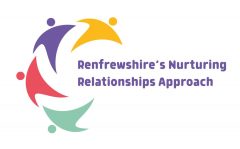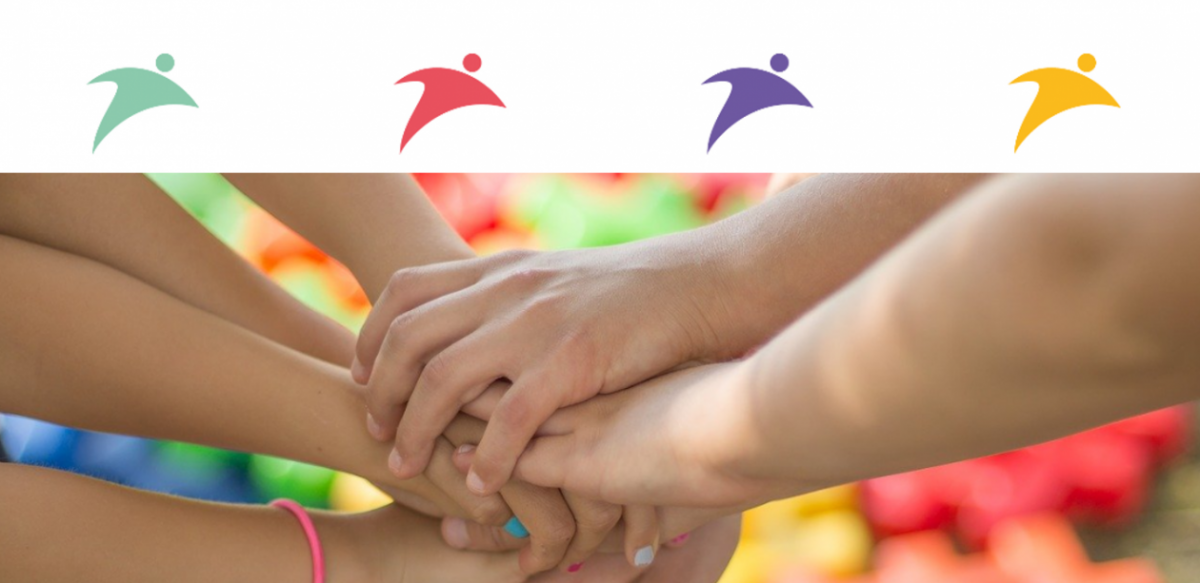Introduction
· These materials incorporate key ideas from the series of resources produced by Renfrewshire’s Nurturing Relationships Approach (RNRA), ‘Nurturing Wellbeing to Build Back Better’. You can find these resources in full here.
· These materials include some key psychological theories which can help people to cope with difficult events and contribute to improved wellbeing.
· This resource uses language and ideas consistent with the Living Life to the Full for Young People (LLTTF) curricular lessons which many of the pupils in your school will be introduced to in PSE lessons. To reinforce the shared language and ideas, the LLTTF posters should be prominently displayed around the school.
Who is this resource for?
· ‘Skills for recovery’ has been developed with secondary pupils in mind, however it may also be useful for children in the later stages of primary (P6 & P7).
· Education staff from all sectors may find the ‘staff’ sections help them to reflect on key messages from the ‘Nurturing Wellbeing to Build Back Better’ resources and offer practical ways to put these resources into action in their settings.
· All staff should use part or all of this resource (you will find essential information for all staff in the ‘key messages’ and ‘what can staff do?’ sections of each week).
· Pastoral/PSE teachers should use this resource to structure PSE lessons for the first 6 weeks of the new school session.
· The ‘Skills for Recovery’ parent resource is intended to help parents to understand what their P6-S6 child may be learning about in school through the corresponding pupil resource, and to give parents ideas about how they can support their child’s transition back to school. We hope that parents will find Skills for Recovery to be a helpful support for their own wellbeing in transition out of lockdown.
How to use this resource
· ‘Skills for recovery’ is available on the health and wellbeing blog. Schools could direct pupils and parents to this website to access the videos and information and/or share the information and tasks through ‘show my homework’ or similar platforms.
· Renfrewshire’s Health and Wellbeing Education team and Renfrewshire Educational Psychology Service will be sharing infographics and short messages that tie in with the Skills for Recovery Course over the 6 week period. You can follow our accounts on twitter @RenfrewshireEPS and @RenEdHWB
· It may be helpful to encourage young people to keep a reflective journal in their PSE jotters or online using this Personal wellbeing Action Plan template to reinforce what they have learned that week and what they want to try to do more of.
· The resource is laid out in 6 weekly themes, with ‘week 1’ starting at the return to school following the summer break.
· The themes for the weeks have been carefully considered to communicate what it is that we want adults and children to hear and feel from their school community in the weeks following their transition back from lockdown. These themes have been developed on the basis of psychological theory and logical sequences of learning.
· Each theme includes:
o What do staff need to know?
-
-
-
-
- Key messages: Essential reading for all staff in the school (supported by the weekly video)
- Additional Information/Resources: Builds on the key messages and includes a direct link to one nurture principle section of the extended ‘Nurturing Wellbeing to build Back better’ resource each week. Can be used by all staff but may be most relevant to pastoral/PSE teachers
-
-
-
o What can staff do?
-
-
-
-
- Practical ideas for all staff to consider how they can translate the weekly theme into actions.
- This section contains ideas ‘for ourselves’ and ‘for others’. Staff wellbeing is key to recovery in the school community. We hope you will find some ideas and resources in these sections which offer you some support.
-
-
-
o What do young people need to know?
-
-
-
-
- These messages should be the focus for PSE teaching and discussions
-
-
-
o What can young people do?
-
-
-
-
- Ideas about how the key messages for young people can be translated into actions
- A regulating activity to start each PSE lesson (‘Try this!’)
-
-
-
o What do parents need to know?
-
-
-
-
- A summary of what their child is learning about that week, which also incorporates some of the key psychological principles from the staff resource.
-
-
-
o What can parents do?
-
-
-
-
- Practical ideas for parents to consider how they can translate the weekly theme into actions.
-
-
-
o A 5-10 minute video for each theme:
-
-
-
-
- Explains some of the key learning points for that theme in a practical way.
- This should be shown to all pupils through their PSE lessons
-
-
-
o Infographics (staff and young people versions):
-
-
-
-
- Visual reinforcement of the weekly theme which can be displayed in classrooms, staff rooms, offices.
-
-
-
Source materials
In addition to RNRA resources and LLTTF, this resource has drawn upon a range of sources including:
· Anna Freud Centre materials
· Beacon House materials
· Caring Compassionate Classroom Curricular resource (Education Scotland)
· Centre for Clinical Interventions (Australia)
· Dr Karen Treisman
· Dr Pooky Knightsmith
· Dr Tina Bryson & Dr Dan Seigel ‘The Whole Brain Child’
· NHS Education Scotland
· Place2Be – we’ll meet again


